Did you ever think it was strange that your parents were saving your baby teeth? Baby teeth can tell us a lot about your exposure to a variety of things. In your first year in the study, we asked your parents to provide us with some of your baby teeth that fell out between ages 6 and 13. We asked them for this because baby teeth can show exposure to metals, such as lead and chemicals, and can provide information about exposure to various toxins dating back to your time in the womb.
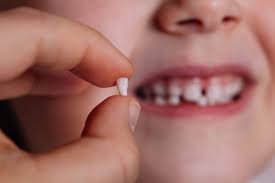
Baby Teeth
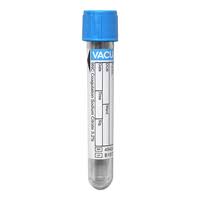
Blood Draw
Each year when you come in person you are asked if you want to do an optional blood draw. We promise we don’t like poking you for fun, we are actually looking at a bunch of things in your blood! The blood draw gives us an insight into your glucose, cholesterol, iron, and other blood count measures.
When you get your blood drawn we collect two small tubes. The first tube will be analyzed for Hemoglobin A1C and CBC analysis. The second tube of blood will be processed for serum extraction at the sites and used for Total Cholesterol, HDL Cholesterol, and Ferritin analysis. All participants who provide blood will be sent their values for Lipids (Total Cholesterol and HDL) and A1C.
What is a healthy range for someone my age?
-
Total Cholesterol ≥ 200 mg/dL
-
High-Density Lipoprotein Cholesterol <40 mg/dL
-
Hemoglobin A1C ≥ 6.5%
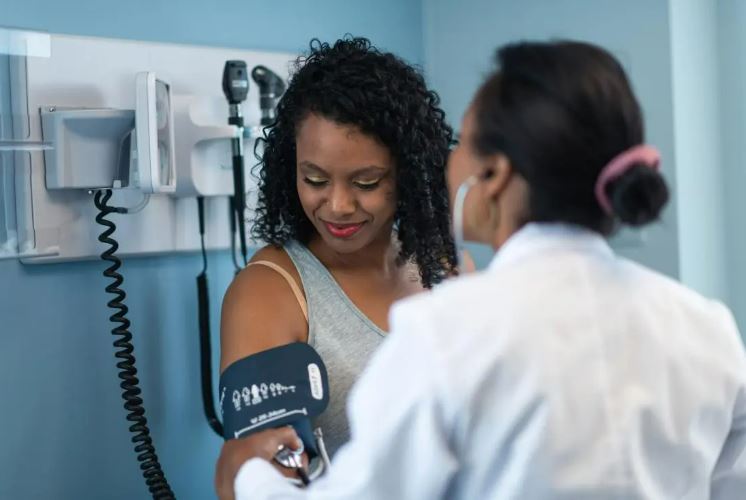
Blood Pressure
Blood pressure is measured as systolic pressure/diastolic pressure. Systolic pressure indicates the pressure of the blood as it is pumped out of the heart, and is the higher number displayed on the monitor. Diastolic pressure indicates the pressure of the blood when the heart is relaxed-and is the lower number on the monitor. There is an accepted normal blood pressure range for adults, but the normal range varies in youth based on age, gender, and height.
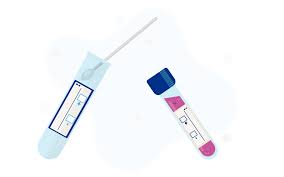
DNA Saliva
You may remember doing this test at baseline, where we collected your saliva. This test was collected to run future genetic analyses. Genetic analysis is a term used to describe the study of a sample of DNA to look at differences or variants, that may increase an individual's risk for disease or impact drug responses.
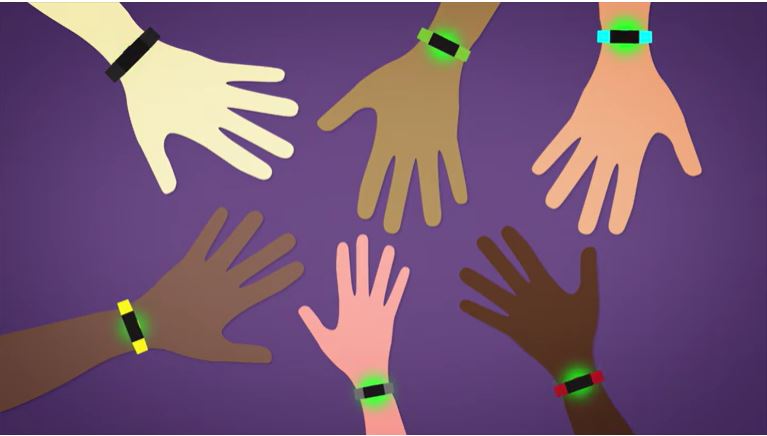
Fitbit
We have asked you to wear a Fitbit multiple times over the years for a 3 week period. We do this so we can get a sense of your exercise and sleeping habits! As you know sleep and exercise are very important to a healthy mind and body! It is recommended that teenagers get between 8 to 10 hours of sleep every night and at least 1 hour of vigorous physical activity every day.
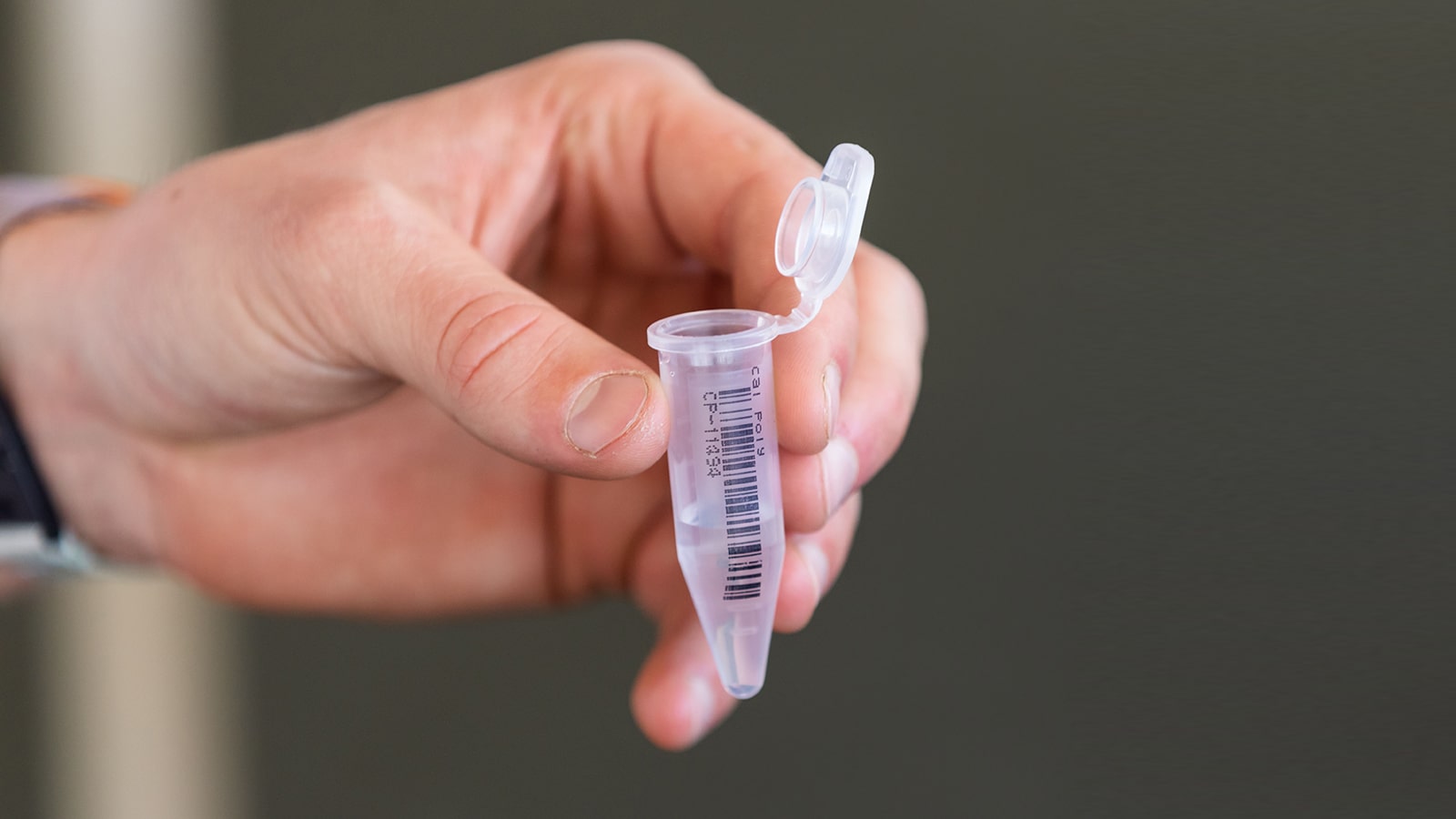
Hormonal Saliva
We collect saliva to be tested for hormone levels! Specifically, levels of testosterone, DHEA, and estradiol in females, and levels of testosterone and DHEA in males.
What's DHEA?
Dehydroepiandrosterone, also known as androstenolone, is an endogenous steroid hormone precursor. It is one of the most abundant circulating steroids in humans. DHEA is produced naturally in the adrenal glands, the gonads, and the brain. DHEA helps produce other hormones, including testosterone and estrogen.



